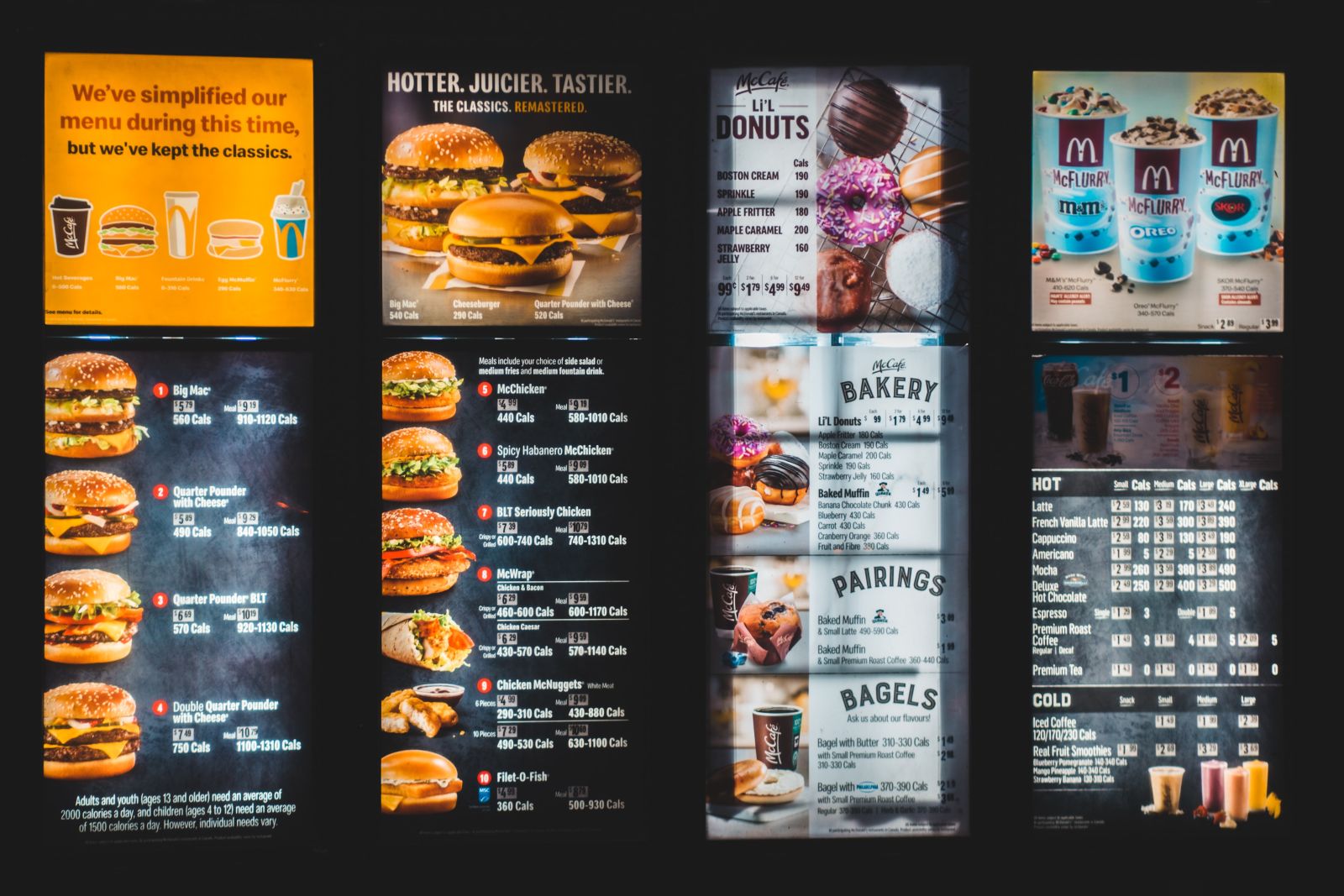
Consumer products company Unilever PLC (UL) is asking the question, “Who wants ice cream?” The company hopes the answer is: “Everyone wants ice cream!”
Unilever is one of the world’s largest and most geographically diverse consumer goods businesses, with a presence in 190 countries, serving 3.4 billion people every day. Some of its well-known brands include: Dove, Pond’s, Pepsodent, Knorr, Hellmann’s, and Axe.
In the last year, the company generated $66.23 billion in sales, with the Beauty & Wellbeing segment accounting for 21% of sales and the Home Care segment making up 21% of sales. Unilever’s Nutrition segment contributed 22% of sales, and its Personal Care division accounted for 23% of sales. Unilever derived the remaining 13% of sales from the Ice Cream segment.
Hein Schumacher only became CEO of Unilever on July 1, 2023. Prior to being appointed Unilever CEO, he was CEO of Royal FrieslandCampina, an 11 billion euro business operating in over 40 countries – and with products sold in over 100. During that tenure, Hein delivered significant portfolio and organizational change, transforming it into a more focused and growth-driven business.
And now, Schumacher is trying to do the same thing at Unilever, which has been a major underperformer for years.
The company’s sprawling operations and sluggish growth attracted the interest of billionaire activist investor Nelson Peltz of Trian Partners, who has agitated for change.
Unilever has lost significant market share over the past few years. Its sales growth has lagged behind rivals, such as Procter & Gamble (PG). Shares in Unilever have fallen 14% over the past five years, compared with a 38% rise in the benchmark S&P 500 Consumer Staples ($SRCS) sector over the same time period.
Schumacher’s Plan for Unilever
Schumacher’s ambitious plan to drive growth and boost profits starts with separating the company's ice cream business - worth about $17 billion - and removing layers of middle management. Full separation of the ice cream business is expected to be completed by the end of 2025.
Unilever is also cutting about 7,500 jobs — almost 6% of Unilever's total workforce of 128,000. It is targeting cost savings of about $866 million over the next three years.
The stand-alone ice cream business will be the largest ice cream company in the world, with a 20% market share, and double the size of the second largest player. The business will have five of the top 10 selling global ice cream brands.
The company’s ice cream division brands include: Ben & Jerry’s, Magnum, and Wall’s. It had sales of $8.6 billion in 2023, but its profit margin is less than half that of the company’s personal care unit. Its lower operating margins - just 10.8% in 2023 - compares unfavorably with 16.7% for Unilever as a whole.
Ice cream is also a seasonal, capital-intensive business, requiring complex cold-chain logistics. There is little supply chain overlap with the rest of Unilever.
Unilever said it would likely pursue a de-merger that creates a new listed company. But keep in mind that Unilever has previously sold other slow-growing businesses to private equity firms.
After fending off an unsolicited takeover bid from Kraft Heinz (KHC) in 2017, Unilever sold its margarine and spreads business to KKR (KKR) for 7 billion euros. Four years later, it agreed to sell its tea unit to CVC Capital Partners for 4.5 billion euros.
The ice cream-focused restructuring will leave the company focused on four businesses: beauty and wellbeing, personal care, home care, and nutrition.
What's Next for Unilever Stock?
The moves made by Schumacher so far are a step in the right direction. But as a Financial Times analysis phrased it, “financial engineering alone won’t cut the mustard.”
Unilever will still need to improve the businesses in its remaining four core divisions if it hopes to narrow its valuation gap with peers.
CEO Schumacher does plan to run a tighter ship. And he has nudged up growth targets, from the current 3% to 5% range to “mid single digits” with “modest margin improvement.” Part of that improvement will come from shedding the lower-growth ice cream business.
However, the rest will need to come from new investment. Brand and marketing spend has increased from 13% of sales in 2022 to 14.3% last year. But more is needed.
Unilever does retain some major advantages. For example, with about 60% of reported sales coming from emerging markets, Unilever has one of the largest footprints in the developing world among all of the global consumer staples manufacturers. This will be a long-term volume driver for the business.
If Schumacher’s shake-up of Unilever’s corporate structure fails, do not be surprised if eventually the company decides to go further and separate its food business.
This will leave the higher-growth and more profitable home and personal care segments for investors. Unilever’s growth focus shifting to the beauty & personal care business would be a good move, since it is one of the top three players globally, together with L’Oreal (LRLCY) and Procter & Gamble.
Either way, Unilever looks interesting here. Buy the stock below $50.








